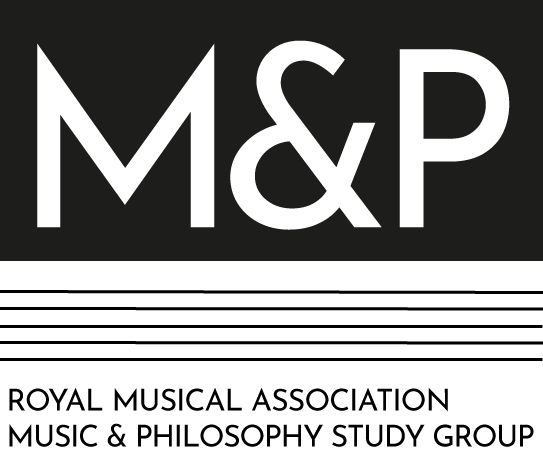Enchanting Modernity: Theosophy and the Arts in the Making of Early Twentieth-Century Culture
Event type: Workshop
Date: 3 December 2010
Founded in 1875, The Theosophical Society fused the study and practice of ancient mystical traditions with a commitment to shape, rather than reject, the modern world. Its ubiquitous worldwide presence in late nineteenth- and early twentieth-century culture, along with various splinter groups, has been used to refute Max Weber’s theory that modernity brought about the absolute ‘disenchantment of the world’. Evidence of Theosophy’s ‘modern enchantment’ has led historians such as Alex Owen and Corinna Treital to question the orthodox assumption that, from the Enlightenment onwards, God was replaced by rational man. Theosophy’s widespread influence also supports Michael Saler’s claim that enchanted cultures of magic, wonder, and belief were not as incompatible with modernity as Weber would have us believe. Pre-Enlightenment cultures of enchantment not only persisted, but were fundamental and foundational to modern culture.
Scholars such as Owen and Treital have laid a foundation for understanding Theosophy’s role in shaping modernity, but the extent of its influence on modern arts and ideas has yet to be fully explored. In this colloquium, we seek to consider the influence of Theosophical ideas and practices on intellectual and artistic endeavour during the period from the late nineteenth century to the middle of the twentieth century. The visual, theatrical, and musical arts of this period retained a pre-Enlightenment sense of enchantment and wonder by virtue of the perceived metaphysical origins of the creative and appreciative act, which science could not satisfactorily explain. The ‘enchantment’ of artistic creation and appreciation allied it to the aims of the Theosophical Society and satellite organizations, which we suggest had a stronger influence on the arts at this time than hitherto accepted. Exploring the relationship between Theosophy, the arts, and intellectual change promises to open up new histories of modernity in which traditionally marginal belief structures are seen to have shaped the modern experience in fundamental ways.
Organiser(s):
Helena Capkova (University of the Arts London), Rachel Cowgill (Liverpool Hope University), James G. Mansell (University of Nottingham), Christopher Scheer (Utah State University/Liverpool Hope University) and Sarah Victoria Turner (University of York)
Event Location:
Liverpool Hope University Liverpool
United Kingdom
Call for Papers details
Call for papers deadline:
1 October 2010
The colloquium will take the form of 20-minute research presentations followed by discussion. There are a small number of opportunities for interested parties to join the roster of speakers. If you have research interests in Theosophy and modern culture, and would like give a paper at this colloquium, then please email a 200-word abstract of your proposed paper to James.Mansell@nottingham.ac.uk by 1 October 2010. Opportunities are also available to attend the colloquium as a non-speaker by invitation. If you would like to attend without giving a paper, then please send an email outlining your research interests to the address above.
Contact details:
Dr James Mansell
james.mansell@nottingham.ac.uk
Dr Christopher Scheer
scheerc@hope.ac.uk



